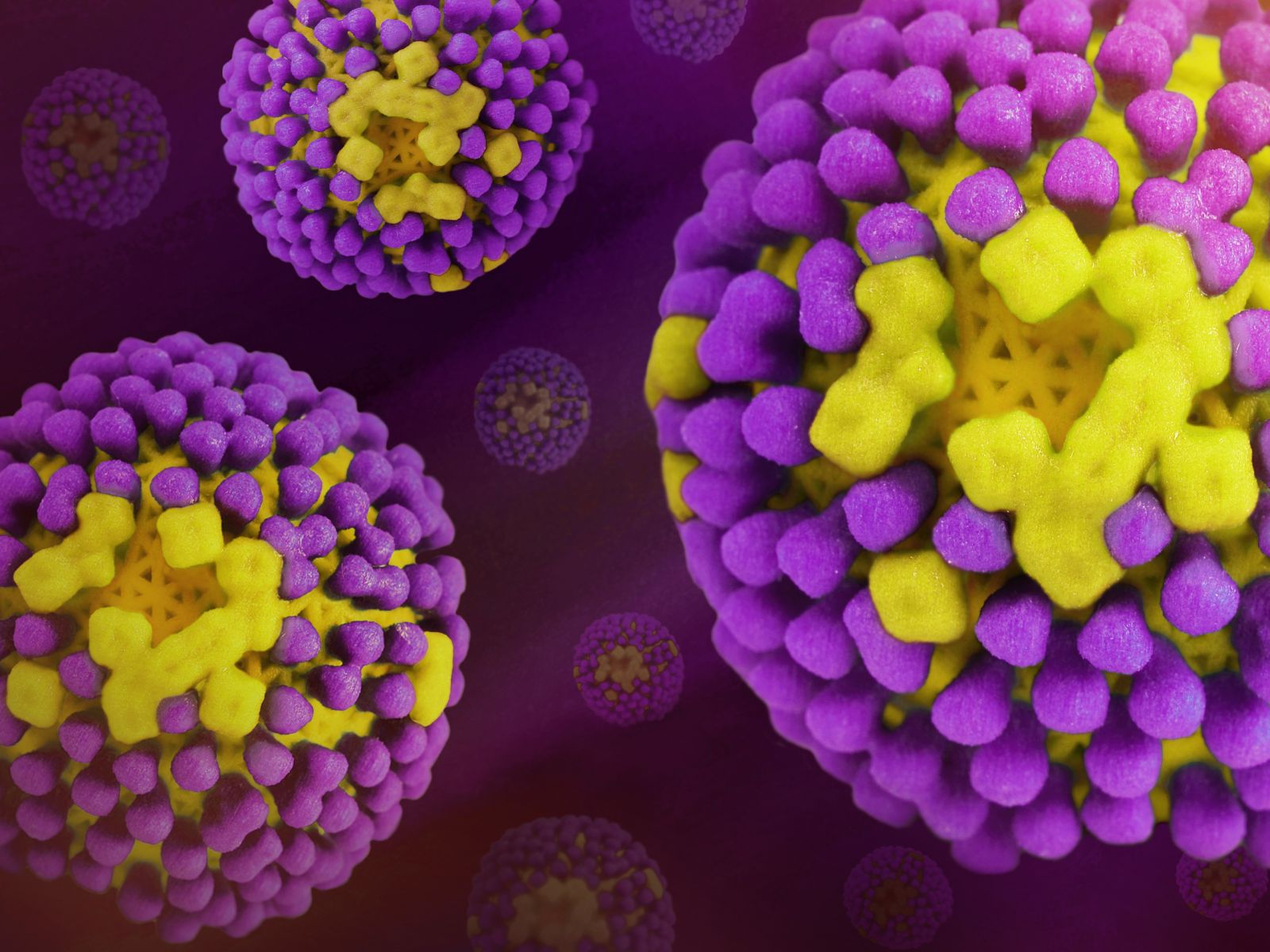Follow us on Google News (click on ☆)

Image Wikimedia
Indeed, researchers from the Research Institute of the McGill University Health Centre have uncovered a surprising aspect of the Bacillus Calmette-Guérin (BCG) vaccine, developed a century ago to fight tuberculosis: a hitherto unknown mechanism that extends the vaccine's protective shield to fight the Influenza A virus, the most common flu strain.
"The interactions with the immune system being discussed can 'train' the lungs, these organs frequently exposed to infectious agents in the environment. If we could map out the lungs' protective immune pathways, it would revolutionize our conceptual and clinical approaches to vaccine development against infections, including emerging respiratory viruses," explains Maziar Divangahi, lead author of the study, an immunologist, senior scientist at the Research Institute of the McGill University Health Centre, and professor of medicine at McGill University.
This discovery paves the way for future studies to determine whether the BCG vaccine could prevent other emerging viruses, particularly regarding the protection it offers against COVID-19, with promising results so far.
Reference:
The study "BCG immunization induces CX3CR1hi effector memory T cells to provide cross-protection via IFN-γ-mediated trained immunity", by Kim Tran et al. has been published in Nature Immunology.